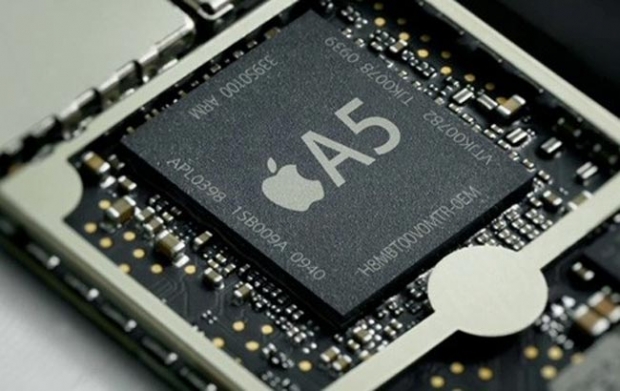Daring Fireball’s resident Apple Fanboy John Gruber has been getting all moist about the Apple’s expensive Surface Pro knock-off and thinks it signals a huge change for Apple away from x86.
“The new MacBook is slower, gets worse battery life, and even its cheapest configuration costs $200 more than the top-of-the-line iPad Pro. The iPad Pro is more powerful, cheaper, has a better display, and gets better battery life.”
He admits that it is not a clear cut-and-dry win. MacBooks still have more RAM, are expandable, and offer far more storage.
“But at a fundamental level CPU speed, GPU speed, quality of the display, quality of the sound output, and overall responsiveness of interface — the iPad Pro is a better computer than a MacBook or MacBook Air, and a worthy rival to the far more expensive MacBook Pros.”
Gruber believes that the future lies with the ARM-based processors used in the iPad and most smartphones, rather than the x86 architecture used by Macs and Windows PCs.
He claimed that the entire x86 computer architecture is living on borrowed time.
“It's a dead platform walking. The future belongs to ARM, and Apple's A-series SoC's are leading the way,” Gruber said.
Of course his problem is that he is only seeing things from an Apple point-of-view, blinkers are standard issue for any member of the Tame Apple Press. But what he appears to be suggesting is a variation on the theme that the world has gone mobile so therefore everyone should be using ARM-based mobile chips.
Logically he has a point. After all if Apple can charge an ARM and a leg for a souped up tablet that does more or less the same thing as a MacBook aren’t the days of Intel over?
We don’t think Chipzilla will be losing much sleep. Its latest Mobile M range can do more than anything ARM can come up with on mobile notebooks. What appears to be the saviour of the notebook, besides business, is the games industry and ARM chips are nowhere near what x86 can do in that market. Neither can it match the performance required for a large chunk of desktop work.
It might suit Apple to make is own mobile chips for tablets, after all Microsoft did the same thing, but that sort of technology is not as well researched or focused as Intel or AMD. Notice Apple has not tried to create any chip in either this space or graphics meaning it does not think it is up to it.




